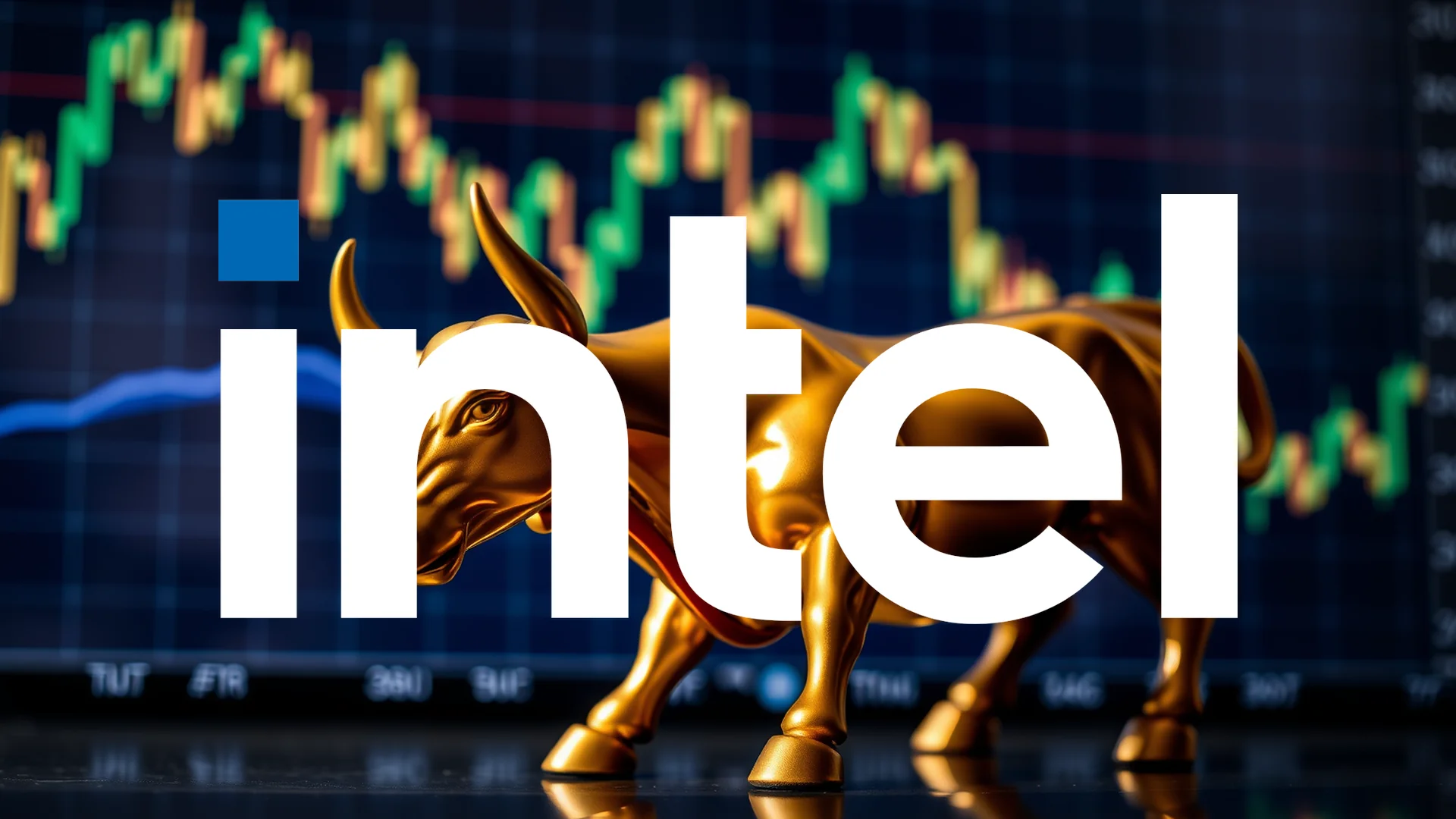Intel is navigating turbulent waters this week as the semiconductor giant confronts two simultaneous challenges that could significantly impact its strategic ambitions. While CEO Lip-Bu Tan works to position the company’s foundry business against dominant competitor TSMC, developments in Taiwan and Washington have created substantial headwinds for the chipmaker.
US Legislative Changes Threaten Cost Increases
Across the Pacific, bipartisan U.S. lawmakers are advancing legislation that would impose significant restrictions on recipients of CHIPS Act funding. The proposed measure would prohibit companies that receive subsidies from purchasing semiconductor manufacturing equipment from China for ten years. As the largest beneficiary of the CHIPS Act program, Intel would be directly affected by these constraints.
This development could force the company to abandon cost-effective Chinese equipment in favor of more expensive Western alternatives. Such a shift would substantially increase the already massive investment required for Intel’s new fabrication facilities, creating additional financial pressure at a time when the company is carefully managing its capital expenditures.
Taiwan Investigation Targets Key Executive
Meanwhile in Taiwan, prosecutors have launched an investigation into a senior Intel manager over allegations of potential technology theft. The focus is on Wei-Jen Lo, a former TSMC executive who joined Intel only in October. Authorities are examining whether Lo may have taken confidential information about TSMC’s most advanced manufacturing technologies—specifically the 2-nanometer and A16 processes—when he departed from the Taiwanese company.
Should investors sell immediately? Or is it worth buying Intel?
The situation is particularly sensitive given Lo’s reporting structure: he works directly under CEO Tan and is considered crucial to Intel’s aggressive efforts to gain ground in the foundry market. If the allegations prove true, Intel could face not only legal repercussions but also a severe erosion of trust among potential customers, who may hesitate to entrust their chip designs to a company under suspicion of espionage.
Market Reaction and Financial Context
Investors have responded nervously to these developments. Intel shares declined in premarket trading to approximately $33.62, building on the previous session’s nearly 4% drop. The earlier sell-off came after Citi analysts expressed skepticism about Intel’s ability to successfully convert its foundry ambitions into sustainable revenue streams.
This negative sentiment overshadows what was actually a stronger-than-expected operational performance in the third quarter. The company reported revenue of $13.65 billion and adjusted earnings per share of $0.23, both exceeding market expectations. Technical analysts now point to the $33.50 level as critical support—a breach below this threshold could potentially trigger additional selling pressure.
The convergence of these challenges creates a complex predicament for Intel as it attempts to execute its turnaround strategy in the highly competitive semiconductor manufacturing sector.
Ad
Intel Stock: Buy or Sell?! New Intel Analysis from February 7 delivers the answer:
The latest Intel figures speak for themselves: Urgent action needed for Intel investors. Is it worth buying or should you sell? Find out what to do now in the current free analysis from February 7.
Intel: Buy or sell? Read more here...












